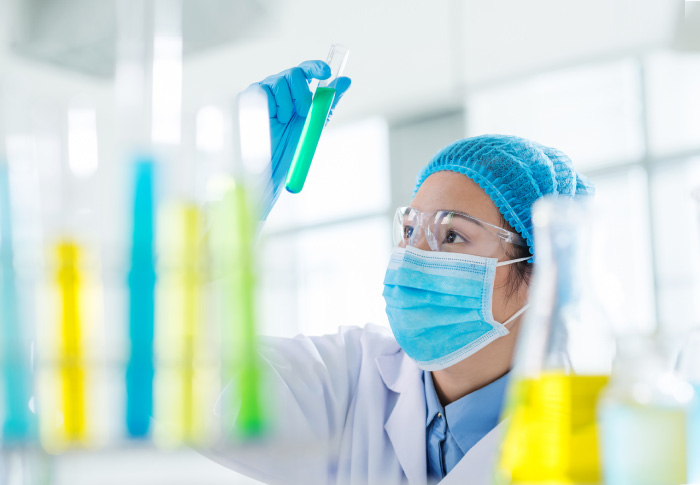For customers outside of Japan

Oct. 3, 2016
Strategic investment and targeted policy is transforming Korea's pharmaceutical industry, as it moves away from generics towards biosimilars and drug development. Previously known for a conservative approach, Korea is now poised to join the global leaders in life sciences and pharmaceuticals.
The Korean Heath Industry Development Institute has set a target of 10 new drugs to be introduced by 2020. It is an impressive figure, especially when compared to the 20 drug developments throughout the 110-year history of the Korean pharmaceutical industry. Also by 2020, the government expects to have increased the country's pharmaceutical exports by ten times the 2012 figure. The indications are that Korea is on the way to achieving these targets. Mobilized by the Pharma-Vision 2020 initiative, government and industry are investing vigorously in R&D. The government is investing approximately 340 trillion won to support research in the life sciences with tax incentives as well as non-financial support for research.
Biosimilars are central to the development of Korea's pharmaceutical industry. They offer a better profitability profile than generics, while at the same time expand the knowledge base in life sciences innovation. Six biosimilars have been approved since 2012. Two of these are already available in many global markets.
The Korea Health Industry Development Institute plays an important role in identifying target projects for research. It has designated 46 companies in PharmaVision 2020. These are part of a cohesive R&D infrastructure linking six national research institutes, medical-industrial clusters and pre-clinical trial facilities with the relevant government departments and the country's rigorous universities.
The emphasis on exports is expected to give Korea a global strength to compensate for the relatively small home market compared to neighboring China. The Korean pharmaceutical industry is highly fragmented, and few companies have global scale, so there is a strong interest in developing global alliances.
There is widespread consensus within the Korean pharmaceutical industry on the direction it is taking, and further changes may be expected to maintain momentum. One such measure is the registration of the EU 'white list,' which will smooth the requirements for raw medicinal ingredients being exported to EU member states. Other measures to clarify fast-track approval procedures are also being introduced.
The growing global influence of Korea's life science and pharmaceutical sector will ensure that Korea remains an attractive environment for clinical research in the years to come.


Share this page